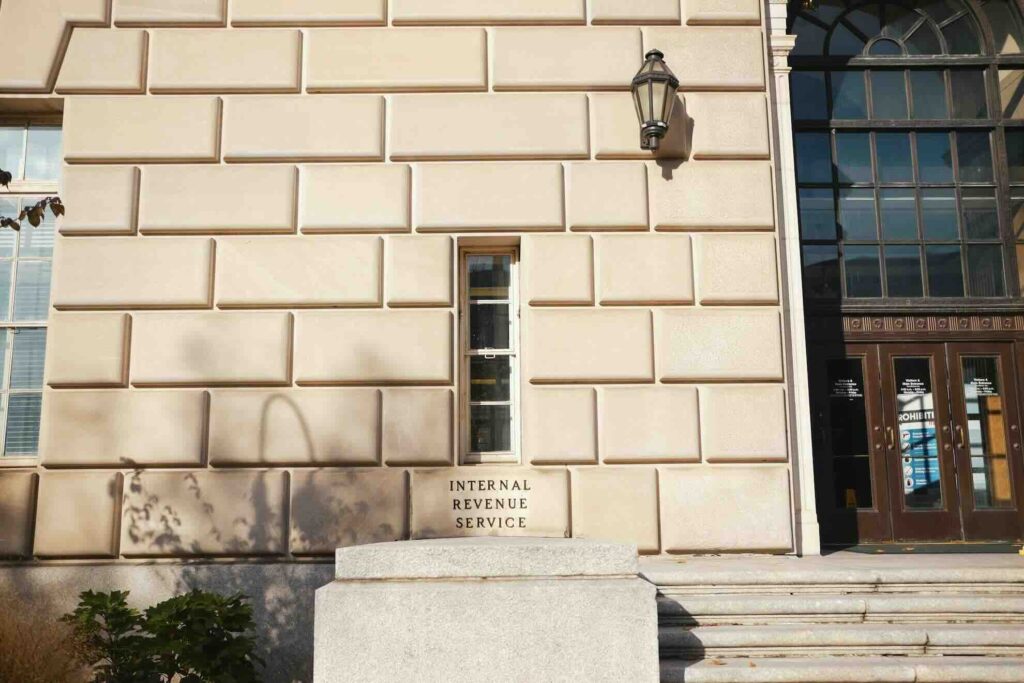Table of Contents

Although, the current status of the Kurotaki v. The United States of America case stands with the US District Court for the District of Hawaii determination on the government’s motion for summary judgment, the Kurotaki case is an interesting analysis of willfulness and other standards relating to the failure to file an FBAR. This article recaps the facts of the case and the courts recent determination of whether to grant summary judgment to the government.
Do you know if you need to file an FBAR? Are you a US Citizen or permanent resident living abroad and confused about your tax liabilities in the US? As this case shows, not filing can result in steep fines, even if they might eventually be forgiven. Get in touch if you need help meeting your filing obligation.
Facts of the Case
Osamu Kurotaki was born in Japan in 1965 and in 1997 obtained a US Permanent Residence Card of which he held for tax years 2011, 2012 and 2013, which are the years at issue. Kurotaki resided primarily in Japan and spoke absolutely no English. Kurotaki had used Tomohiko Kokuso, a certified public accountant who spoke both English and Japanese to prepare his US Individual Income Tax Returns for the applicable tax years and had used Kokuso since 2007.
The Internal Revenue Service was alerted that Kurotaki had unreported income on his individual income tax returns by the Japanese taxing authorities for tax periods 2008 through 2012. Upon the IRS’ examination of Kurotaki’s failure to report all income, the IRS determined that Kurotaki had failed to file his FBARs and properly report foreign accounts and/or assets. The United States assessed Kurotaki $10 Million in civil penalties alleging the failure to file the FBARs was willful for tax years 2011, 2012 and 2013. Kurotaki paid a portion of the penalty to the IRS for each applicable tax year and then filed his complaint against the United States requesting a refund. The United States, as defendant filed an answer to Kurotaki’s complaint and counterclaimed to reduce the assessed FBAR penalties to a judgment in favor of the United States. Additionally, the United States filed a Motion for Summary Judgment in July of 2023 and Kurotaki filed an opposition to the motion in September of 2023.
Quick Background on Summary Judgment
What is summary judgement? Summary judgment is requested and properly granted when a party believes there is no genuine issue of a material fact and thus the party requesting the motion (the “moving party”) should be entitled to a judgment as a matter of law. The key terms here are “genuine” and “material.” Courts have held that an issue is genuine only if or when a sufficient evidentiary basis exists whereby a reasonable fact finder could find for the nonmoving party (Kurotaki in this case). Further, a dispute is material only if it could impact or affect the outcome of the suit under governing law. The United States as the moving party would initially bear the burden of proof to show an absence of a “genuine issue of material fact.” It is important to note that courts view the facts and draws reasonable inferences in the light most favorable to the nonmoving party when considering a motion for summary judgment.
FBAR Penalties
What are the penalties for failing to file the FBAR? The Bank Secrecy Act was enacted to fight what was perceived as “serious and widespread use of foreign financial institutions, located in jurisdictions with strict laws of secrecy as to bank activity, for the purpose of violating or evading domestic criminal, tax and regulatory enactments.” Cal. Bankers Ass’n v. Shultz, 416 U.S. 21, 27, 94 S. Ct. 1494, 39 L. Ed 2d 812 (1974). It was believed that the use of foreign bank accounts and foreign financial investments had caused the loss of millions of dollars to the United States government in tax revenues. Thus, the treasury regulations promulgated under the Bank Secrecy Act allow for a civil penalty of $10,000 for each violation for the failure to file an FBAR. Further, if the failure to file the FBAR is “willful” the penalty is increased to $100,000 or 50% of the value of the account at the time of the violation. Thus, the penalties for failing to file the FBAR are substantial! That being said, although the BSA requires the filing of the FBAR, the term “willful” is never defined within the BSA or the treasury regulations. Therefore, one must look to court determinations and language in terms of determining a definition for willfulness. In Safeco Ins. Co. of Am. V. Burr, 551 U.S. 45, the Supreme Court provided that, “where willfulness is a statutory condition of civil penalty…. It… cover(s) not only knowing violations of a standard, but reckless ones as well.” Many other courts have also held that willfulness as it relates to filing or failing to file an FBAR includes both a knowledge and reckless component. Thus, one could be so reckless in failing to file or disregarding an obvious risk so as to be willful in terms of the penalty.
The Application of Willfulness in the Kurotaki Case
Kurotaki did not speak English and relied on his CPA to take care of his tax related matters and act as his interpreter. Kurotaki was provided a tax questionnaire that provided an explanation of the FBAR filing requirement in both Japanese and English, but Kurotaki only read the Japanese version, which when translated into English stated, “U.S. resident taxpayers are required to report their world-wide income from both U.S. and foreign sources. In addition, taxpayers who have an interest in, are signatories of, or have other authorities over financial accounts in a foreign country, such as bank accounts….. are required to file Form TD F 90-22.1 (FBAR)….”
Kurotaki claimed he did not think the FBAR requirement applied to him because he was not a U.S. resident as he did not reside in the United States and did not know the FBAR filing requirements applied to U.S. green card holders. Furthermore, Kurotaki believed the FBAR requirement did not apply to him because he had a Japanese passport, he lived or resided in Japan, he worked in Japan etc.
The Court found that Kurotaki’s understanding of the word “resident” was reasonable and therefore whether applying an objective or subjective standard, there was a genuine issue or material fact as to whether Kurotaki was acting willfully when he failed to file his FBARs. The Court, in Kurotaki, thus denied the government’s request for summary judgment.
The end-all outcome of the Kurotaki is yet to be determined as of the date of this article but the facts and circumstances led to an interesting analysis of willfulness in the context of failing to file an FBAR.
If you have questions or issues related to foreign bank accounts, foreign assets or foreign businesses, you can speak with an international tax attorney at the McGuire Law Firm. Get in touch with us.




